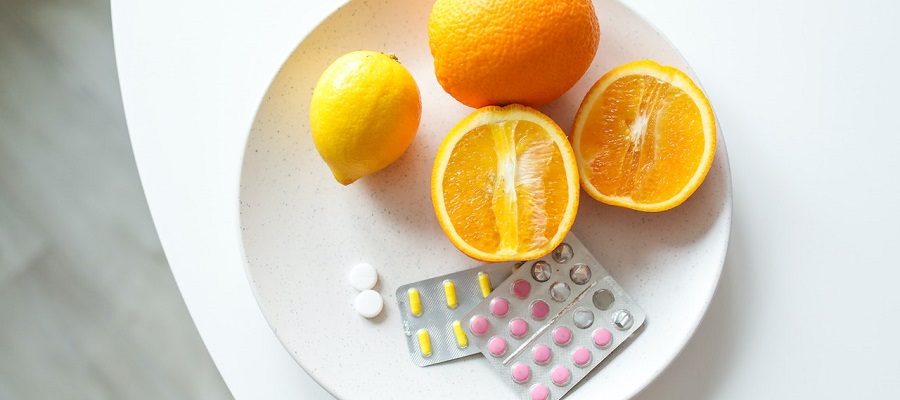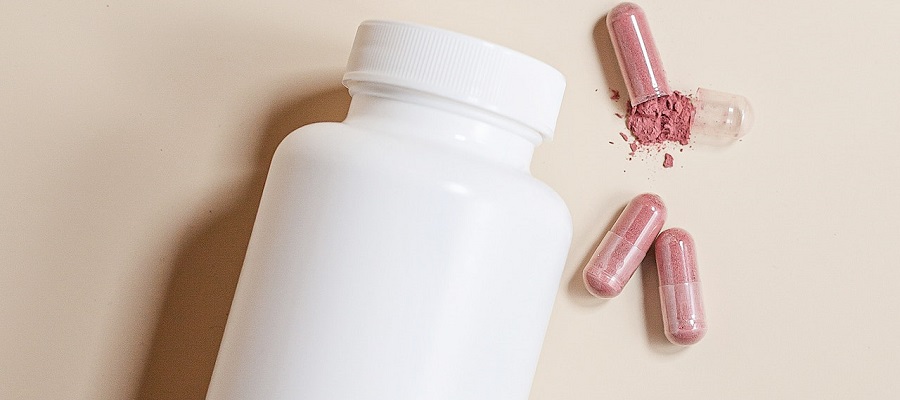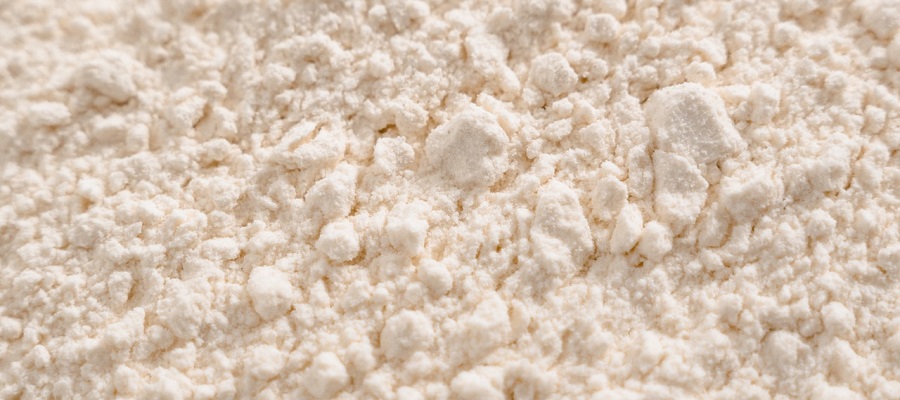Valine is an essential amino acid that is required for the proper functioning of the body. It is one of the nine essential amino acids that the body cannot synthesize on its own and must be obtained through the diet.
Valine is involved in several important processes in the body, including the synthesis of proteins, the regulation of blood sugar levels, and the maintenance of muscle tissue. It is also a building block of the neurotransmitter serotonin, which is involved in mood regulation.
Valine can be found in a variety of protein-rich foods, including meat, dairy products, eggs, beans, nuts, and seeds. It is also available as a dietary supplement in the form of tablets, capsules, and powders.
While valine is an important nutrient, it is generally recommended to get your nutrients from a varied and balanced diet that includes a variety of whole, unprocessed foods, rather than relying on supplements as a primary source of nutrients. It is also important to consult with a healthcare professional before taking any supplements, as excessive intake of valine or other amino acids can have negative effects on the body.
What are the benefits of valine?
Valine is an essential amino acid that is required for the proper functioning of the body. It is involved in several important processes, including the synthesis of proteins, the regulation of blood sugar levels, and the maintenance of muscle tissue. Here are some potential benefits of valine:
-
Helps build and repair tissues: Valine is a building block of proteins, which are used to build and repair tissues throughout the body.
-
May support muscle growth and repair: Valine is important for the maintenance of muscle tissue, and it may help support muscle growth and repair after exercise.
-
Helps regulate blood sugar levels: Valine may help regulate blood sugar levels by increasing the uptake of glucose into muscle cells.
-
May improve mood: Valine is a building block of the neurotransmitter serotonin, which is involved in mood regulation.
-
May have anti-inflammatory effects: Some research suggests that valine may have anti-inflammatory effects, which may be beneficial for conditions such as arthritis.
It is important to note that more research is needed to fully understand the potential benefits of valine and to determine the appropriate dosage and use of valine supplements. It is generally recommended to get your nutrients from a varied and balanced diet that includes a variety of whole, unprocessed foods, rather than relying on supplements as a primary source of nutrients. If you are considering taking a valine supplement, it is important to consult with a healthcare professional to determine the appropriate dosage and to monitor for any potential side effects.
How much valine should one supplement daily?
The recommended daily intake of valine varies depending on age, sex, and other factors such as pregnancy and lactation. The following are the recommended daily intake levels for valine, according to the Institute of Medicine:
- Infants (0-6 months): 6.3 milligrams per kilogram of body weight
- Infants (7-12 months): 6.7 milligrams per kilogram of body weight
- Children (1-3 years): 8.9 milligrams per kilogram of body weight
- Children (4-8 years): 9.5 milligrams per kilogram of body weight
- Children (9-13 years): 11.8 milligrams per kilogram of body weight
- Males (14 years and older): 12.0 milligrams per kilogram of body weight
- Females (14 years and older): 10.0 milligrams per kilogram of body weight
- Pregnant females: 12.0 milligrams per kilogram of body weight
- Lactating females: 14.0 milligrams per kilogram of body weight
These recommendations are based on the average intake of valine that is needed to meet the requirements of 97-98% of healthy individuals. It is important to note that these recommendations are for valine intake from food sources only and do not apply to valine supplements.
If you are considering taking a valine supplement, it is important to consult with a healthcare professional to determine the appropriate dosage. It is generally recommended to get your nutrients from a varied and balanced diet that includes a variety of whole, unprocessed foods, rather than relying on supplements as a primary source of nutrients. Excessive intake of valine or other amino acids can have negative effects on the body, and it is important to use supplements only as directed.
Can one over-supplement Valine?
It is possible to over-supplement with valine, an essential amino acid that is found naturally in protein-rich foods such as meat, dairy products, eggs, beans, nuts, and seeds. However, this is generally not recommended, as high levels of valine can have negative effects on the body.
Valine is used by the body to build proteins, regulate blood sugar levels, and maintain muscle tissue. It is also a building block of the neurotransmitter serotonin, which is involved in mood regulation.
While valine is an important nutrient, taking too much of it can cause problems. For example, high levels of valine can interfere with the absorption of other amino acids, leading to an imbalance in the body. It can also cause side effects such as nausea, vomiting, and dizziness.
In addition, people with certain medical conditions, such as liver or kidney disease, should be particularly careful with their intake of valine and other amino acids, as their bodies may not be able to metabolize them properly.
Overall, it is important to get enough valine through a balanced diet and to avoid taking supplements unless recommended by a healthcare professional. If you are considering taking a valine supplement, it is important to consult with a healthcare professional to determine the appropriate dosage and to monitor for any potential side effects.
Which foods contain a lot of valine?
Valine is an essential amino acid that is found naturally in many protein-rich foods. Some examples of foods that are high in valine include:
- Meat, such as beef, chicken, and pork
- Fish, such as salmon, tuna, and halibut
- Dairy products, such as milk, cheese, and yogurt
- Eggs
- Nuts and seeds, such as almonds, peanuts, and sunflower seeds
- Beans and legumes, such as lentils, chickpeas, and kidney beans
- Soy products, such as tofu and soy milk
- Grains, such as oats, quinoa, and amaranth
- Some vegetables, such as broccoli and spinach
It is important to note that the amount of valine in a food will depend on its protein content. For example, a serving of chicken breast, which is high in protein, will contain more valine than a serving of broccoli, which is lower in protein.
It is generally recommended to get your nutrients from a varied and balanced diet that includes a variety of whole, unprocessed foods, rather than relying on supplements or single foods as a primary source of nutrients. This can help ensure that you are getting all of the nutrients you need in the right proportions.


